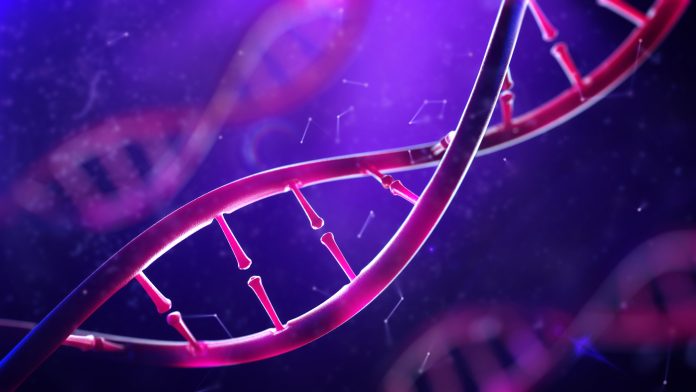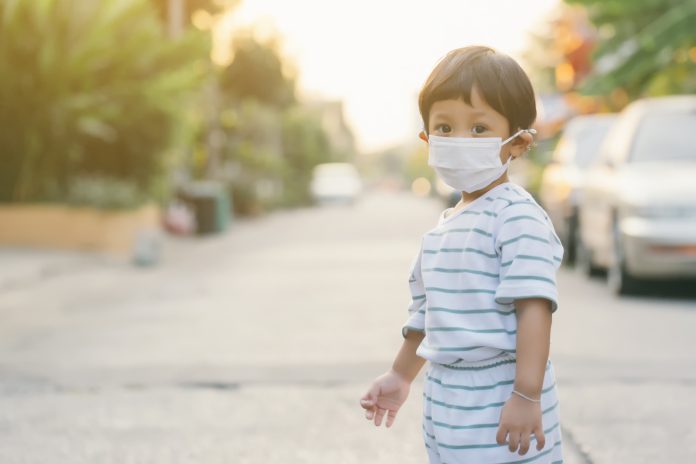Open Access Government produces compelling and informative news, publications, eBooks, and academic research articles for the public and private sector looking at health, diseases & conditions, workplace, research & innovation, digital transformation, government policy, environment, agriculture, energy, transport and more.
Home Search
lead - search results
If you're not happy with the results, please do another search
Organismal contributions to changing climate
Zachary Senwo, PhD Professor, explores how organismal contributions can be used in the search for climate change solutions
Working from home: The impact on the property sector
Stuart Woolgar, CEO of Global Guardians Management, reflects on how the pandemic has affected working patterns along with the impact of working from home on the property sector.
IPCC: Climate change policies are nothing without social justice
The new IPCC report describes the financial commitment of high carbon-emitting countries – but are climate change policies enough to support justice and stop the crisis?
Earth’s closest black hole actually “vampire” two-star system
It has been scientifically accepted that Earth's closest black hole is about 1,000 light-years away - but now, research suggests that black hole doesn't exist.
Unlocking dark matter for genome remodelling
Dr Helen Rowe, Senior Lecturer in Epigenetics, outlines the significance of research into dark matter and genome remodelling
One in five people with ADHD have hoarding behaviour
People with ADHD are likely to adopt hoarding behaviours and mental addictions to items – potentially leading to a serious impact on their quality of life.
The social realities behind transgender resilience
Transgender people face a lot of discrimination, hostility, and tension in their everyday lives, especially in rural areas in the US - leading to strategies of transgender resilience.
New clues for reproducing breast milk in baby formula
Frederique Lisacek from SIB Swiss Institute of Bioinformatics, ponders if we are getting closer to reproducing breast milk in baby formula
EU Child Cohort Network: Harmonised data of 250,000 children & parents
European federated infrastructure and harmonised data of 250,000 children and parents sum up the LifeCycle Project – EU Child Cohort Network
Petrol prices jump above £1.50 for the first time
For the fourth month in a row, UK petrol prices have risen again, with February hitting an all time high.
Experiences of sexual violence linked with high blood pressure
According to a longitudinal study of US women, women who have experienced sexual violence are more likely to develop high blood pressure.
How have robots increased suicide and overdose in humans?
An increase in “deaths of despair” – suicide and overdose – across the US has been linked to robot manufacturing which is gradually replacing people in their jobs.
Irreproducibility and scientific truth
Ute Deichmann from Ben-Gurion University of the Negev, Beer Sheva, Israel, explores the issues of irreproducibility and scientific truth
4.4 million galaxies revealed by new space map
A map of space has revealed an astonishingly detailed radio image of more than 4.4 million objects and a very dynamic picture of our Universe.
Innovative technology for sustainable food production
Bengt Fellbe, Leader at SSEC, argues that sustainable and climate-smart food production requires competent and cutting-edge technology
Health disparities against minority ethnic groups could increase with AI
Though healthcare everywhere advocates for AI, health barriers are presented with minority ethnic groups – as bias can be exacerbated against minority ethnic groups in datasets.
Earths coldest forest biome is heating up
Northern Arizona University researchers have drawn attention to rising temperatures that are causing Earths coldest forest to shift northward.
Recognising the dangers of Russian disinformation in Ukraine
Russian forces have launched an assault on major Ukrainian cities, however, there is another battle going on online concerning Russian disinformation.
Google’s image search gender bias shows underrepresentation of women
Google image searches of certain professions, such as “CEO”, have been found to solely represent men – Google claimed to have fixed this – but the results can change searchers’ worldviews.
Air pollution can increase childhood ADHD risk by 62%
Study finds that children with high exposures to air pollution, and lower exposure to green spaces have an increased risk of developing ADHD.





















